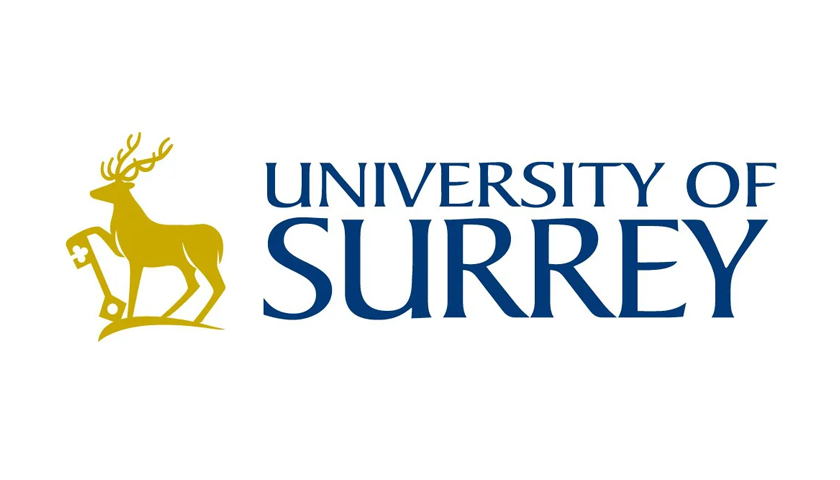A pioneering cost-benefit study could transform the way local authorities handle non-household plastic waste, such as polyethene terephthalate (PET) trays and low-density polyethene (LDPE) wrapping film. These materials are often used to package fruit and vegetables but are also very common in industrial applications. Non-household end-use plastic waste is generated by ‘end-users’ from commercial activities (e.g., wholesales, retail stores, restaurants, coffee shops, cafés, etc.), industrial activities (e.g., manufacture, mining, construction, etc.), and institutional facilities (e.g., schools, offices, etc.). Researchers from the Universities of Surrey, Portsmouth and Ghent found increasing the…
Read MoreTag: University of Surrey
Fighting fake news online: going beyond scientific slogans to connect with people emotionally
Empathy is a more potent weapon than facts when combatting fake news online, according to new research from the University of Surrey. In a piece of research that looked into fake news and people who are sceptical of Covid-19 vaccines, the team from Surrey found that building rapport is a vital ingredient to winning over those who are distrustful of the benefits of vaccination and health advice. Key policy recommendations outlined in the research paper are: Create partnerships to support social media activists with technical support, emotional support and support in creative, effective communications…
Read MoreCompanies must invest to avoid a supply chain scandal or pay the price in lost consumers
Investing to avoid a supply chain scandal is the price worth paying, according to researchers at the University of Surrey, as some customers will not fully return even if the customer-facing firm sacks the offending supplier. If a supply chain scandal does hit, customers want companies they buy from to act – and a combination of actions, not limited to firing their supplier – is the best way to minimise lost consumers. Apologies are not enough. Professor Sabine Benoit from Surrey Business School said: “Our research shows that companies need…
Read More